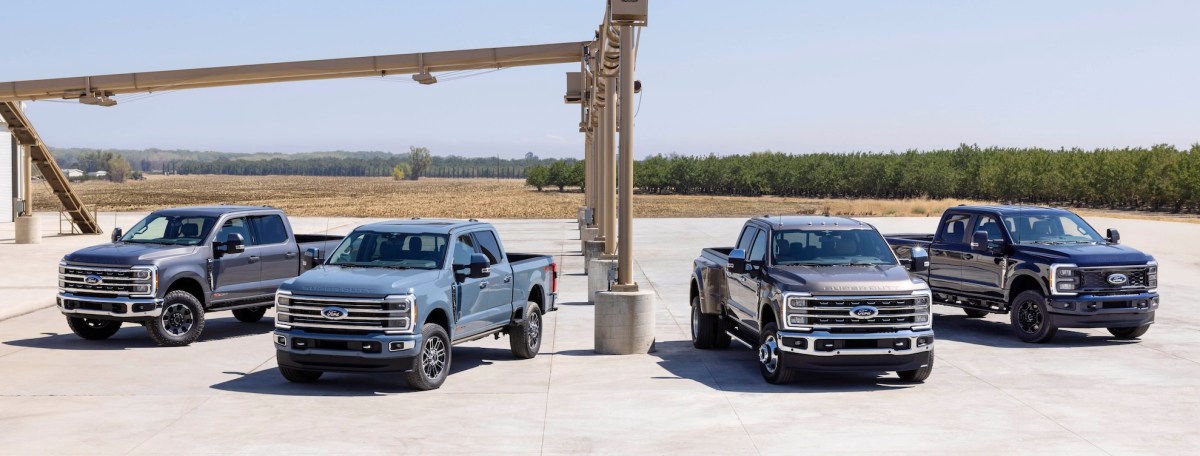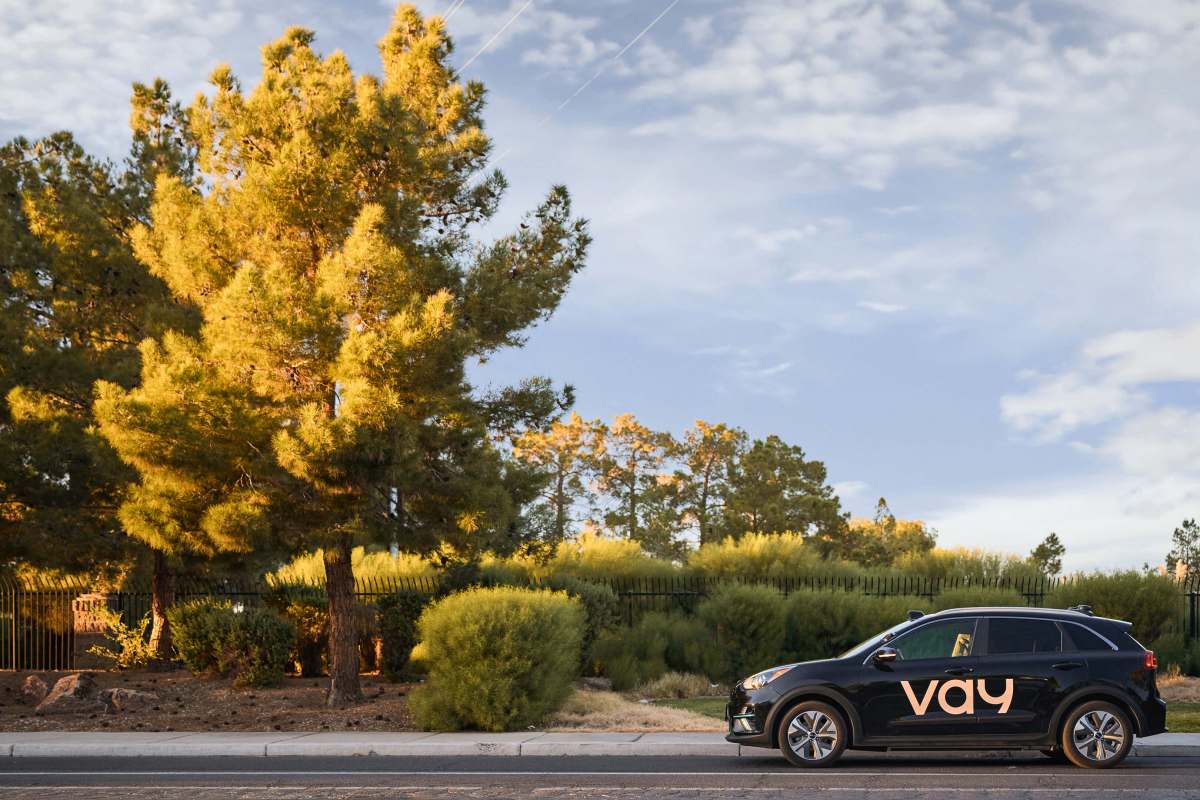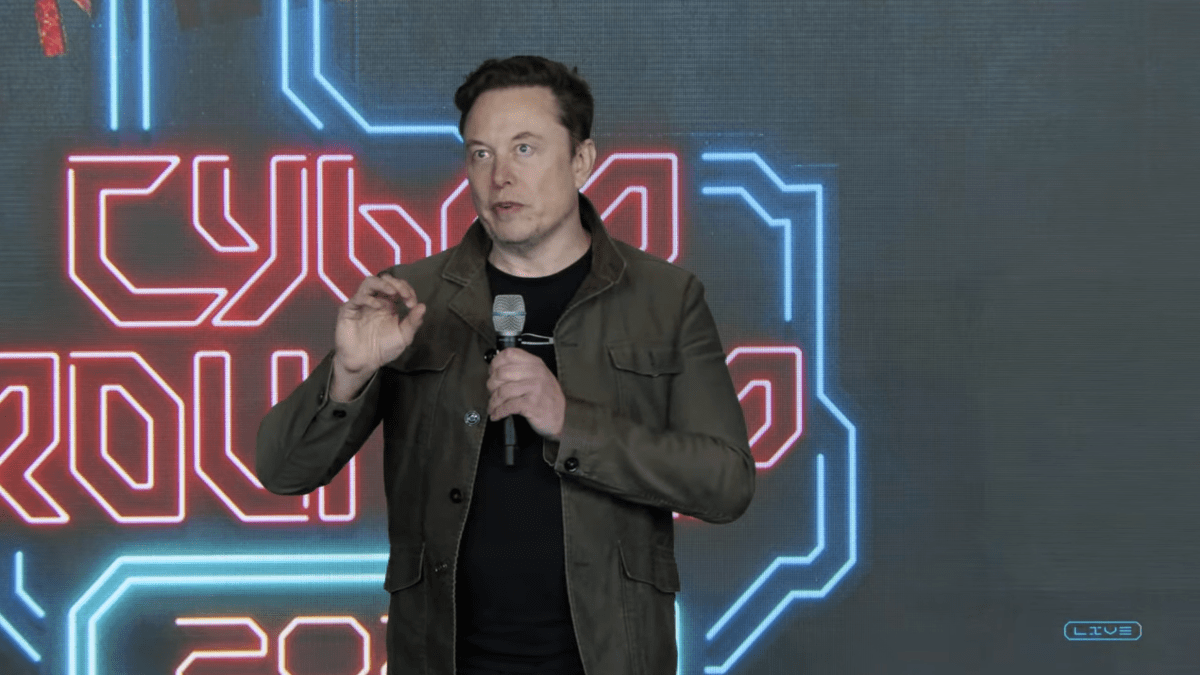Ford’s EV plans are in flux once again as it invests $3B into its biggest trucks | TechCrunch

Ford said Tuesday it will expand production of its Super Duty trucks to a factory in Canada that was slated for a $1.34 billion transformation into an assembly plant for its next-generation of electric vehicles.
The U.S. automaker said it will start producing F-Series Super Duty pickups at its Oakville Assembly plant in Ontario, Canada, beginning in 2026 — a move that will add capacity of about 100,000 units annually. The decision will also further delay plans for a three-row electric vehicle, which was supposed to be assembled at Oakville starting in 2027.
Ford’s heavy duty truck plans extend beyond the Oakville expansion. The company said it will invest a total of about $3 billion to increase Super Duty production across three North American plants. About $2.3 billion will be spent to install assembly and integrated stamping operations at the 71-year-old Oakville Assembly Complex, which will include making a “multi-energy” platform for the first time. This means the Super Duty will be offered in an electrified version at some point in the future. Ford has not provided a timeline.
Ford will also expand its Kentucky Truck Plant and Ohio Assembly Plants. Ford said that boosting Super Duty assembly will add 1,800 Canadian jobs at Oakville Assembly Complex, 400 more than would initially have been needed to produce the three-row electric vehicle.
Ford was pitching a different angle in April 2023 when it announced plans to spend $1.34 billion to transform the Oakville facility in Canada into an assembly plant for its next-generation of EVs. The campus, which first opened in 1953, was supposed to be renamed Oakville Electric Vehicle Complex and undergo a massive modernization and expansion in the second quarter of 2024. It would have marked the first time Ford completely retooled an existing plant for EVs in North America.
Ford’s pivot is a multibillion-dollar endorsement of the gas-powered Super Duty — the largest truck in its portfolio that is typically used by commercial customers. It also illustrates Ford’s reliance on the profits that come from its flagship F-Series pickup line.
The decision comes just a few weeks after CEO Jim Farley told an audience at the Aspen Ideas festival that it was important for U.S. society to start to get back in love with smaller cars.
“We are just in love with these monster vehicles, and I love them, too, but it’s a major issue with weight,” Farley said in the interview.
Farley’s comments — which were largely directed at finding ways to build smaller EVs that didn’t require massive and heavy batteries — received praise at the time.
Ford is still pushing forward on electrification, notably by increasing hybrid options. And it is still working on a next-generation EV with help from a once-secretive skunk works team based in California. However, even those plans appear to be fluid.
Farley told TechCrunch in an interview last month that the company was in the midst of deciding its next steps with the EV skunk works team, which was tasked with designing a next-generation EV.
“They’ve done a great job with the platform,” he said in a June 28 interview. “Now we have to make some tough choices, and there are multiple ways to go.”
Farley said at the time that he couldn’t share the outcome yet. “I will tell you that they’ve done a great job, and the approach is distinctly different than our first-generation of products and what I believe even our competitors’ second generation will look like,” he said. “The fitness test will be the Tesla Model Two and the Chinese and BYD.”
Article was updated to include that Ford plans to offer an electrified version of the Super Duty truck in the future.





